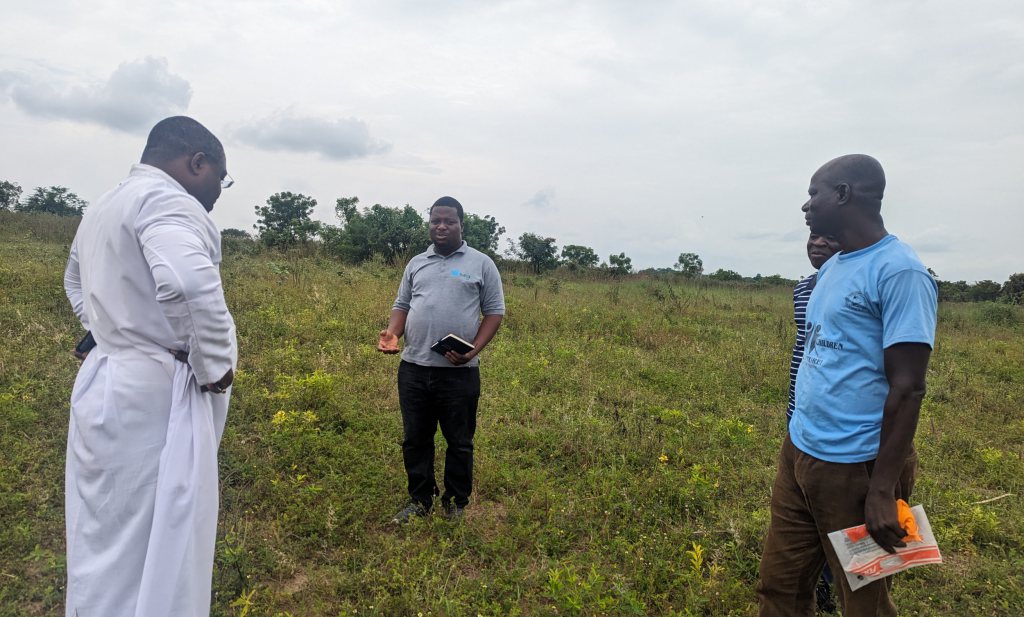My experience working with smallholder farmers spanning over 13 years has taught me many lessons, especially practices that destroy the soil structure and render the farmers helpless and hopeless.
One such practice is bush burning, which I referred to quick-phosphorus-syndrome where farmers set the whole farm on fire after harvesting or before a new season starts, with the hope of "increasing soil fertility" and yield of crops. This poor practice had led to destruction of the soil ecosystem; structure and microorganisms, leaving the soil eroded, unproductive and destroyed in the long term.
Another practice is overuse of synthetic fertilizers. This practice is very common amongst smallholder farmers, where a particular composition of fertilizers are used year-in-year-out recklessly; no soil test, no organic matter added to the soil, just the same type of nutrients on the same land. The assumption here is that the soil needs NPK nutrients and other micronutrients to increase productivity: without knowing the exact nutrients and the quantity needed. Many times, this practice had led to pollution of nearby water bodies through leaching and also could increase soil toxicity. This causes damage to the soil - reducing productivity and the life of the soil.
Other practices that affect the soil are monocropping (upset the nutrients balance of the soil), flooding, the use of heavy machinery (it compacts the soil), over irrigation (it affects the pH, oxygen and nitrogen balances of the soil) amongst others. It is important that farmers know the impact of their practices on the soil because an unhealthy soil produces unhealthy food.
The soul of food security lies on the soil. Achieving food security starts from achieving soil security. Adopting the appropriate practices in soil management is very important; integrated soil management, recycling, improving organic matters, proper irrigation methods and techniques amongst others. We can never compromise soil health and still believe we are on the path to food security; it is a false hope.
We need a living soil on our farms to produce living food for the living beings. Let us all work together to make our soil a living thing!
Yours-in-Service
Babatunde
Another practice is overuse of synthetic fertilizers. This practice is very common amongst smallholder farmers, where a particular composition of fertilizers are used year-in-year-out recklessly; no soil test, no organic matter added to the soil, just the same type of nutrients on the same land. The assumption here is that the soil needs NPK nutrients and other micronutrients to increase productivity: without knowing the exact nutrients and the quantity needed. Many times, this practice had led to pollution of nearby water bodies through leaching and also could increase soil toxicity. This causes damage to the soil - reducing productivity and the life of the soil.
Other practices that affect the soil are monocropping (upset the nutrients balance of the soil), flooding, the use of heavy machinery (it compacts the soil), over irrigation (it affects the pH, oxygen and nitrogen balances of the soil) amongst others. It is important that farmers know the impact of their practices on the soil because an unhealthy soil produces unhealthy food.
The soul of food security lies on the soil. Achieving food security starts from achieving soil security. Adopting the appropriate practices in soil management is very important; integrated soil management, recycling, improving organic matters, proper irrigation methods and techniques amongst others. We can never compromise soil health and still believe we are on the path to food security; it is a false hope.
We need a living soil on our farms to produce living food for the living beings. Let us all work together to make our soil a living thing!
Yours-in-Service
Babatunde
Related



